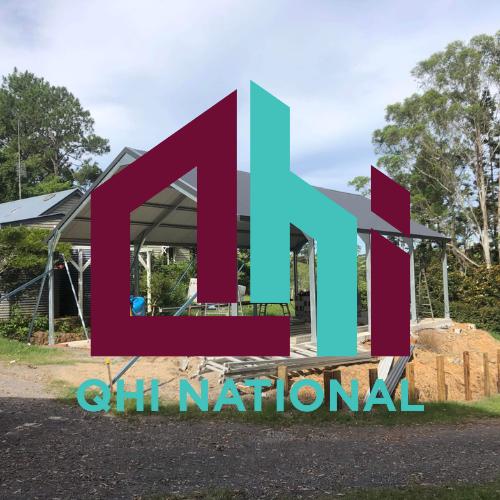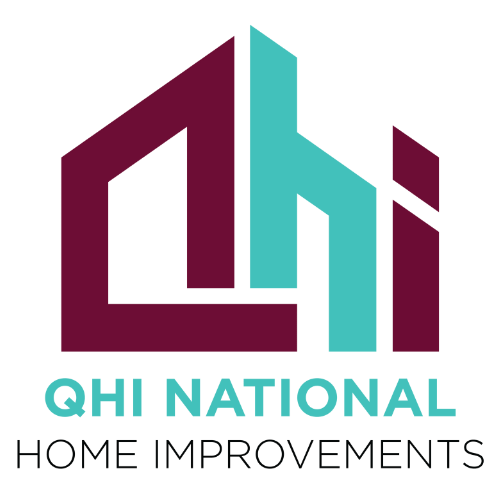A Friendly Reality Check for Building in 2025
We recently had a client send us their own estimated breakdown for building a new home in 2025. And first—we love when clients come prepared. Budget awareness is half the battle.
But here’s the thing: even the most well-intentioned estimate can miss the mark when it comes to the reality of today’s construction costs.
So, with their permission, we’ve used their numbers as a helpful guide to walk through what’s realistic in 2025, what’s a bit optimistic, and where the big surprises often come from.

The Client’s Estimate:
• DA Approval – $1,000
• Wastewater Report – $1,700
• Site Earthworks – $5,000
• Concrete Slab – $15,000 (contracted)
• Kit Home – $42,000
• Windows & Doors – $10,000
• Gyprock – $2,500
• Electrical Work – $2,000
• Plumbing (inside) – $7,000 (contracted)
• Flooring – $4,000
• Bathrooms – $5,000 (cost price)
• Kitchen – $4,000 (cost price)
• Lighting – $1,000
• Painting – $1,000
• Hot Water System – $1,500
• Air Conditioning Unit – $2,000
• Photovoltaic (Solar) – $7,000
• Insulation – $3,000
• Water Tank – $3,300
Now Let’s Talk Reality
We’ll say this first: the client isn’t far off on some things. But a few line items do sit below where current market pricing is sitting—and a few others miss hidden extras most owner-builders or first-timers don’t see coming.
The Kit Home – $42,000
This is very lean. That may cover a small shell or lock-up kit (say 60–80m²), but it likely excludes internal linings, fixings, cabinetry, and cladding. For full kits with inclusions, you’re typically looking at $65K–$90K for modest homes, and over $120K for larger footprints.
Electrical Work – $2,000
Very light. By the time you run cabling, install switches, lighting, fans, powerpoints, smoke alarms and connection to the main board, electrical generally comes in around $5K–$9K, depending on size and spec.
Hot Water System – $1,500
Possible for a basic unit, but not for a modern heat pump or solar-assisted system. Those typically sit around $3,500–$4,500, especially if you’re chasing energy efficiency.
Bathrooms & Kitchen – $5,000 & $4,000
This might cover cost price on fixtures if you’re doing all install yourself. But with trades involved? Allow at least $8,000–$12,000 per bathroom and $10,000–$20,000 for a kitchen for mid-range finishes.
Site Earthworks – $5,000
Could be realistic if your block is flat, accessible and soft soil. But if you’re cutting into slopes, building retaining, or trucking material off-site, expect it to head north quickly.
Where Most Budgets Fall Short

Here’s where clients often underestimate or forget to include costs:
• Council fees and service connections
• Stormwater run-off solutions (to street)
• Electrical connection to mains
• Plumber Form 4s, termite protection, and slab edge insulation
• Landscaping or re-turfing after works
• Compliance costs like energy ratings and final inspections
• Labour—if you’re not doing everything yourself
The Bottom Line
If you’re using a cost list like this to set expectations, it’s a great start. But treat it like a starting point, not a final budget.
In 2025, a modest kit-home build with full fit-out, trades, services and compliance will generally sit between $2,000–$3,000 per square metre—depending on region, soil, wind rating, and your finish level.
So, while a $150K all-in build is technically possible on paper, most owner-builds land somewhere closer to $200K–$250K once everything is done properly.
We’re Not Here to Burst Bubbles—Just Keep Them from Popping Later
At QHI National, we’re big believers in being upfront. We don’t want to quote low to win the job. We’d rather give you a clear picture now so you’re not blindsided halfway through your build.
If you’re planning a project, and you’ve got a budget scribbled on a notepad like this—send it to us. We’ll happily help you shape it into something grounded, achievable, and well-scoped.
Plan well. Build smart. Finish strong.
That’s how we do it at QHI National.
Scott Challen
CEO, The QHI Group
SmartKits Australia | QHI National Builders | EzyBlox Sheds & Steel Buildings
Email: scott@qhi.net.au
LinkedIn: linkedin.com/in/
Website: https://www.qhigroup.
Want to join our team? : Interview - Scott Challen
"Build Smarter, Not Harder"


